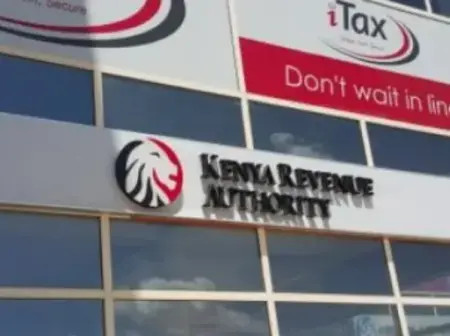Anyone bringing goods into Kenya will need to provide a Certificate of Origin (COO) starting October 1, 2025.
In a notice released by the Kenya Revenue Authority (KRA), this new requirement is set to change how businesses import goods, aiming to boost transparency and tighten compliance with trade laws.
The regulation was first introduced on July 1, 2025, but authorities allowed a transition period until the end of September to help importers adjust.
“To facilitate smooth implementation, the Authority provided a transition window up to 30th September, 2025. Importers are reminded that, with effect from 1st October, 2025, all consignments imported into Kenya must fully comply with Section 44A of the Tax Procedures Act, CAP 469B, with a few exceptional cases to which provisional measures have been adopted for ease of compliance,” the notice read.
Importers who do not yet have a COO can use alternative official documents to confirm the origin of goods. Acceptable options include an Origin Declaration, an Export Permit or Licence issued by the exporting country, a Customs Export Declaration, or a Pre-Export Verification of Conformity (PVOC) issued by agents authorised by the Kenya Bureau of Standards.
“These documents are subject to verification and approval by Customs,” the authority clarified.
However, not all imports are affected. Certain items, including used goods, second-hand vehicles, personal baggage, postal parcels, human remains, temporary imports, and small medicinal packages under prescription, remain exempt from the COO requirement.
Privileged persons and institutions recognised under the East African Community Customs Management Act also fall outside the mandate.
Authorities have warned that failing to provide a valid COO or acceptable alternative could result in delays, penalties, or outright rejection of consignments.
The measure is intended to ensure compliance while facilitating legitimate trade, and KRA has pledged to address challenges on a case-by-case basis.

Leave a Reply